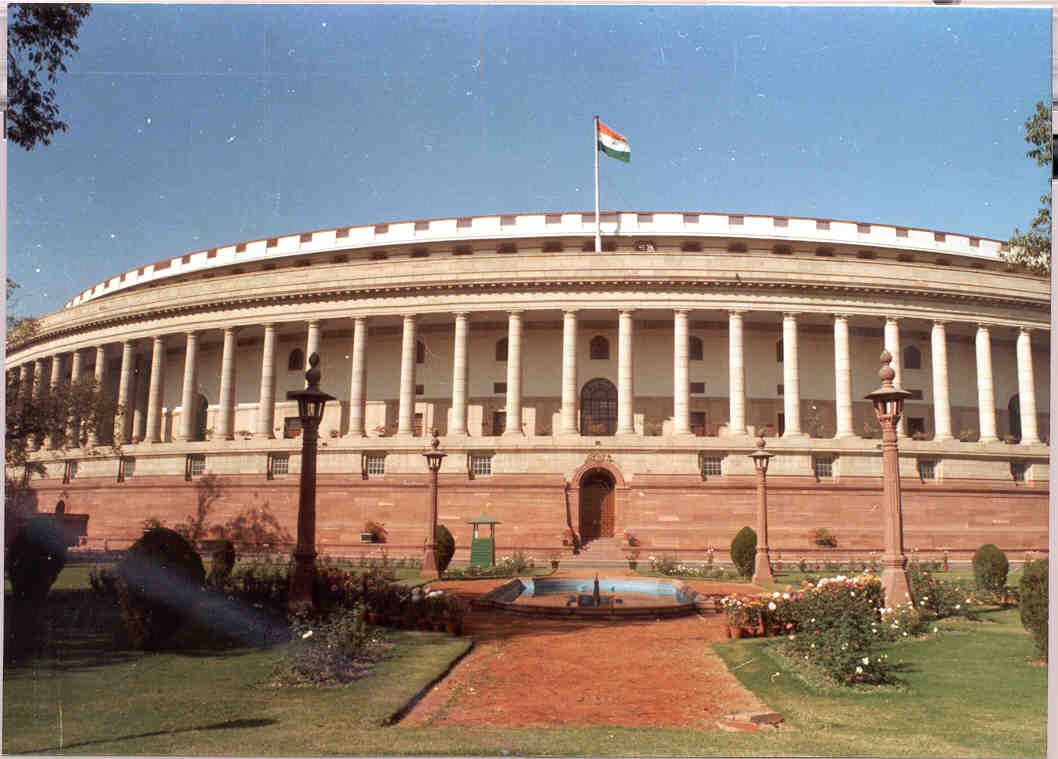Secularism has been the go-to retreat for the party in power in India for the past decade. It is a convenient word to hide behind, when taking pot-shots at opponents, irrespective of the political or social affiliations that they might have. It is also the magic word to beat around the bush when faced with questions on incompetence and utter failure in understanding the aspirations of the generation that is the workhorse for India of the day. The question is: What is secularism?
Quoting from Wikipedia, the definition of secularism, as in the Constitution of India is:
The Constitution of India prohibits discrimination against members of a particular religion, race, caste, sex or place of birth.
It professes that all religions in India are equal and that there should be religious tolerance and respect. We are a witness to the events that have shown how this said definition has been thrown to the wind, time and again, for political gains. Be it the regular communal riots between the Hindus and the Muslims for a better part of the 1990s in Uttar Pradesh, the anti-Sikh riots in Delhi in 1984, the Gujarat riots of 2002 or the return of Hindu-Muslim riots in Uttar Pradesh from 2012, the common denominator is the position taken by the powers that be. The guilty are from across the spectrum of the political landscape and dividends have been reaped over years on the back of simmering tensions between religious groups since the time of independence.
But you have to give it to the party in power today, to play the secularism card according to political comfort. Appeasing one minority by doling out religion-based reservations is adhering to edicts of secularism, it appears. The fact that such a move is unconstitutional is left for discussion on another day. Bailing out an ex-Chief Minister from Uttar Pradesh in disproportionate assets cases being investigated by CBI (we’ll talk about its ‘autonomy’ over a few drinks) just because she states that she is secular and would support the government at center, is all good.
Taking the largest religious minority for a ride for over 60 years, acting as the supposed messiah for them, is secularism. Not countering the unabated conversion of tribal to the largest religion in the world, usually through financial inducement, is secularism. Bashing anything remotely close to the largest religion in the country, is secularism. Indulging in vote-bank politics based on creating religious divides, is secularism. I can keep going on but I hope you get the point.
We talk about an India that is developed and where people don’t die of starvation and an India that does not wreak of scams. We dream of an India that is a global leader. It is time we opened our eyes and looked through the raw deal that we have been doled out as Indians, not as Hindus, Muslims, Sikhs, Jains or people from other religions.
Why is it so difficult for the India electorate to vote beyond the lines of caste and religion and instead, vote on the lines of development?
The answer is simple and visible all around us. Instill a sense of fear and animosity for someone belonging to another religion and caste and just build on the threat perception over years and let it percolate through generations. What you have is social engineering to the benefit of political masters. A social engineering process that is diametrically opposite to what the country needs to develop and in line with what the political class needs – votes out of animosity.
Can the situation change?
Yes, and why not! Isn’t it time that the youth see through the petty smokescreen of secularism that is shown to us? Should’t we, the educated lot, ask for answers when the idea of secularism is misused? Why should religious affiliations be a stumbling block to the development of our country? Aren’t we going to benefit if we have more economic development and more transparency in the government schemes that have been sucking the tax-payer’s money by way of corruption at every level of governance?
Please share your thoughts in the comments section so that we can hit up a healthy discussion on how change can be brought about at the ground level and at a personal level.

